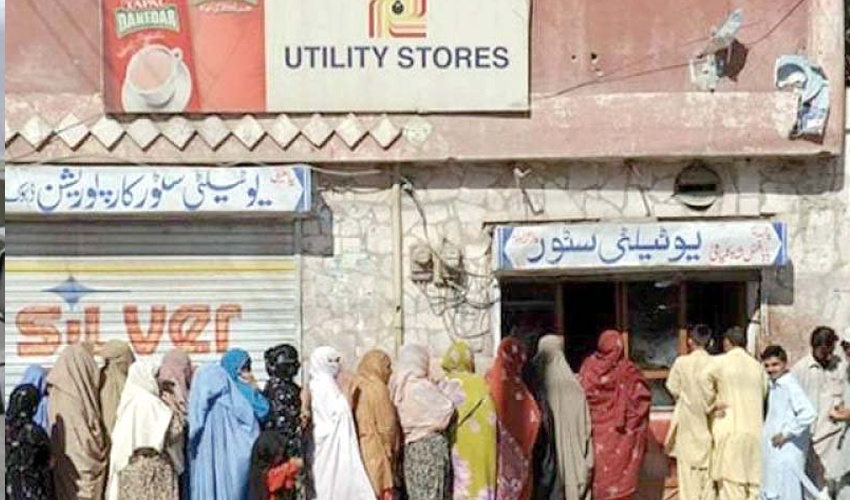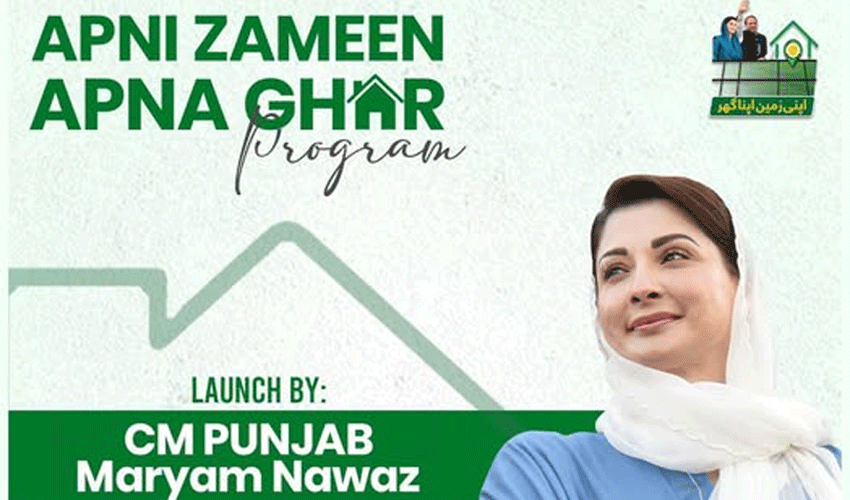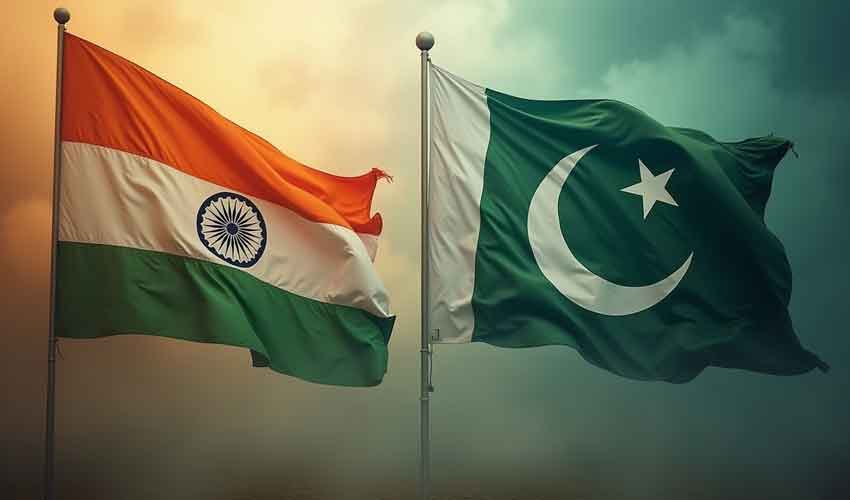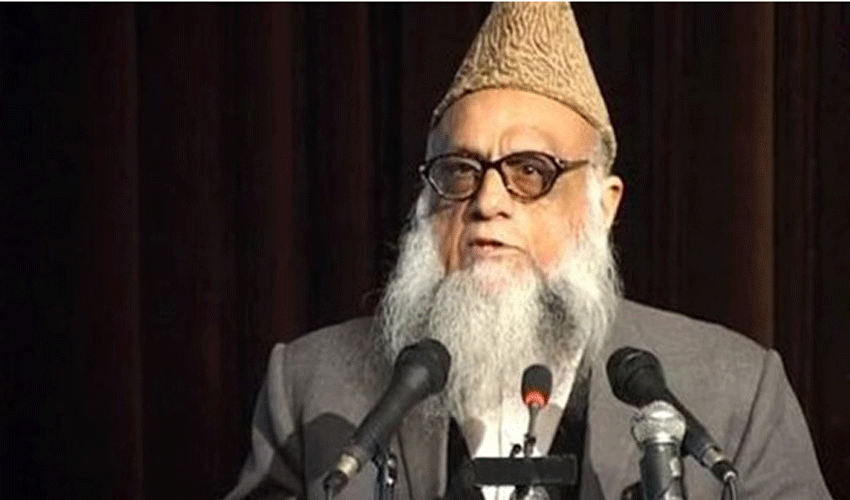The implementation of a significant Ramazan relief package totalling Rs7.49 billion at Utility Stores across the country has garnered attention, as officials prepare to roll out targeted subsidies on essential items from March 4.
According to officials at Utility Stores, the relief package aims to alleviate the financial burden on consumers during the holy month of Ramazan by providing discounts on 19 basic items through targeted subsidies. These subsidized items include flour, sugar, ghee, cooking oil, rice, pulses, as well as dates, besan (chickpea flour), milk, beverages, and spices.
However, the officials have clarified that only beneficiaries of the Benazir Income Support Program (BISP) will be eligible for the targeted subsidy under the Ramazan package. For general consumers, special discounted prices on essential items will be offered, in addition to the targeted subsidy for BISP beneficiaries.
Also Read: Gas bomb: Caretaker govt raises tariff by 67%, effective from Feb 1
The application of the Ramazan Relief Package for 2024 will extend until Chaand Raat, ensuring that consumers have ample time to avail themselves of the benefits of the subsidized items.
Comparatively, last year's Ramazan package amounted to Rs5 billion, indicating a significant increase in allocation for this year's relief efforts. This expansion underscores the government's commitment to providing essential relief to citizens during the holy month.
On the other hand, the caretaker government on Thursday night pushed through another hike in the price of petrol by Rs2.73, reaching Rs275.62 per litre. According to a notification, the price of high-speed diesel has risen by Rs8.37 per litre, now standing at Rs287.33 per litre.
Also Read: Govt hikes petrol price by Rs2.73
Moreover, in a move that stirred public outcry, the caretaker government greenlit a 67% increase in gas prices, effectively burdening consumers with higher costs of living starting from February 1.
The decision follows the recommendation of the Economic Coordination Committee to raise gas prices by a staggering 67%. This sharp hike in rates will apply to both protected and non-protected customers, translating to a surge of Rs100 and Rs300 per MMBTU (million British thermal units), respectively.


























